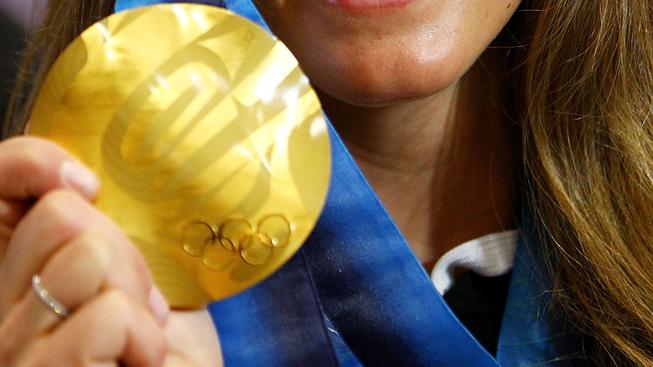
The next edition of the Olympic Games is scheduled for 2020 and will take place in Japan. The sports that will be winners at this edition could be rewarded with medals made of old components of personal computers and other electronic wastes, announces the organizers of the Tokyo Games 2020 and published by the Daily Mail. The experts consider that Japan is a country who stays on a ‘urban mine’ of precious metals, ‘prisoners’ in electronic objects and devices like the mobile phones that are no longer used, the so called ‘e-wastes’. Although the quantity of precious metals used in the fabrication of the medals is insignificant at each of the device, it is estimated that, per total, this quantity is sufficient to produce the medals that are needed for the Olympic Games and for the Paralympics that will take place over 4 years.
According to a recent report of the Nikkei Asian Review, the e-wastes from Japan would represent 16% of the worlds’ gold bank and 22% of the silver one, shows the same source. To extract the precious metals from wastes, there are sunk in acid which melts the plastic. This procedure is criticized by the ecologists because it leads to the elimination of some toxic chemical substances in nature. Recently, the scientists from the Edinburgh University developed an improved extraction method that eliminates that risk. The Tokyo Games 2020 organizers intend to contribute, via this message, to a sustainable future. The Olympic medals are not made of pure precious metals, but they have to fulfill strict rules regarding the dimensions and the composition. According to the regulation of the International Olympic Committee, the golden medals have to contain at least 6 grams of gold and 92,5% silver and to have a 60 millimeters diameter and 3 millimeters thickness.